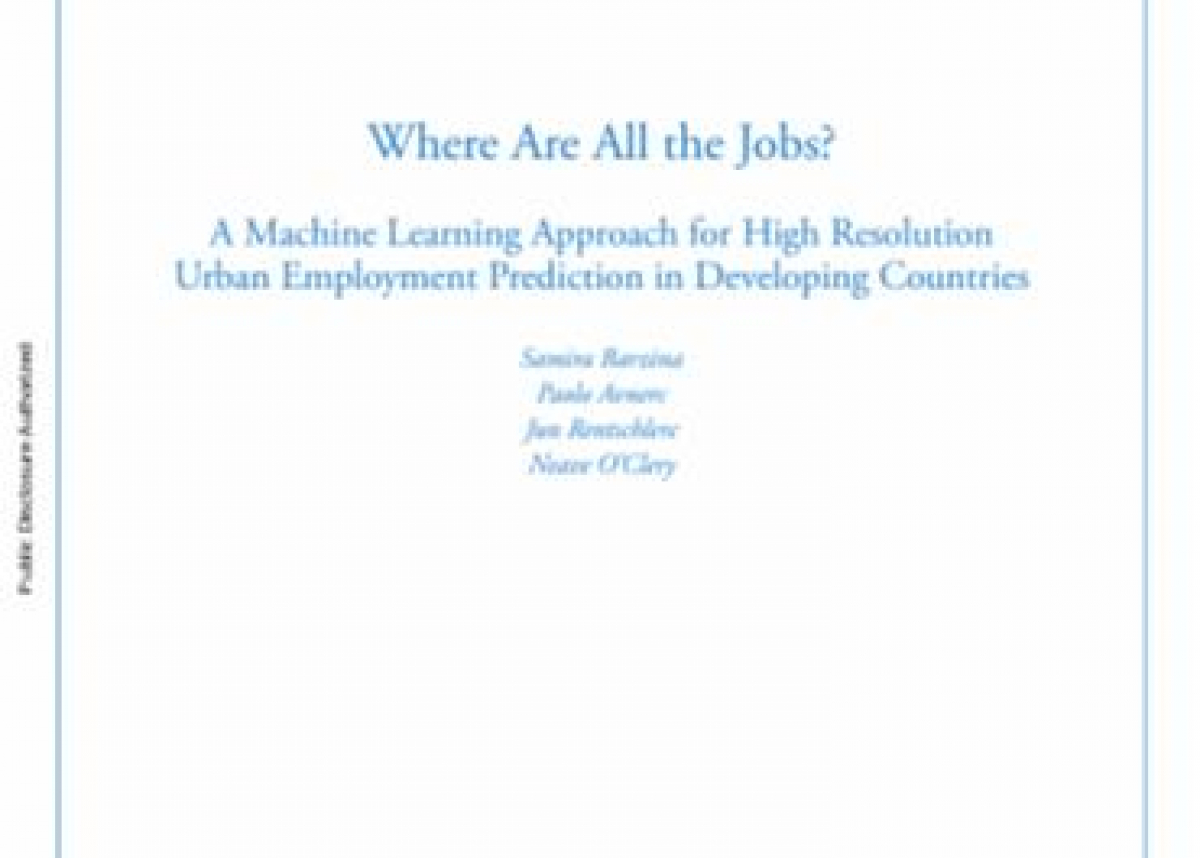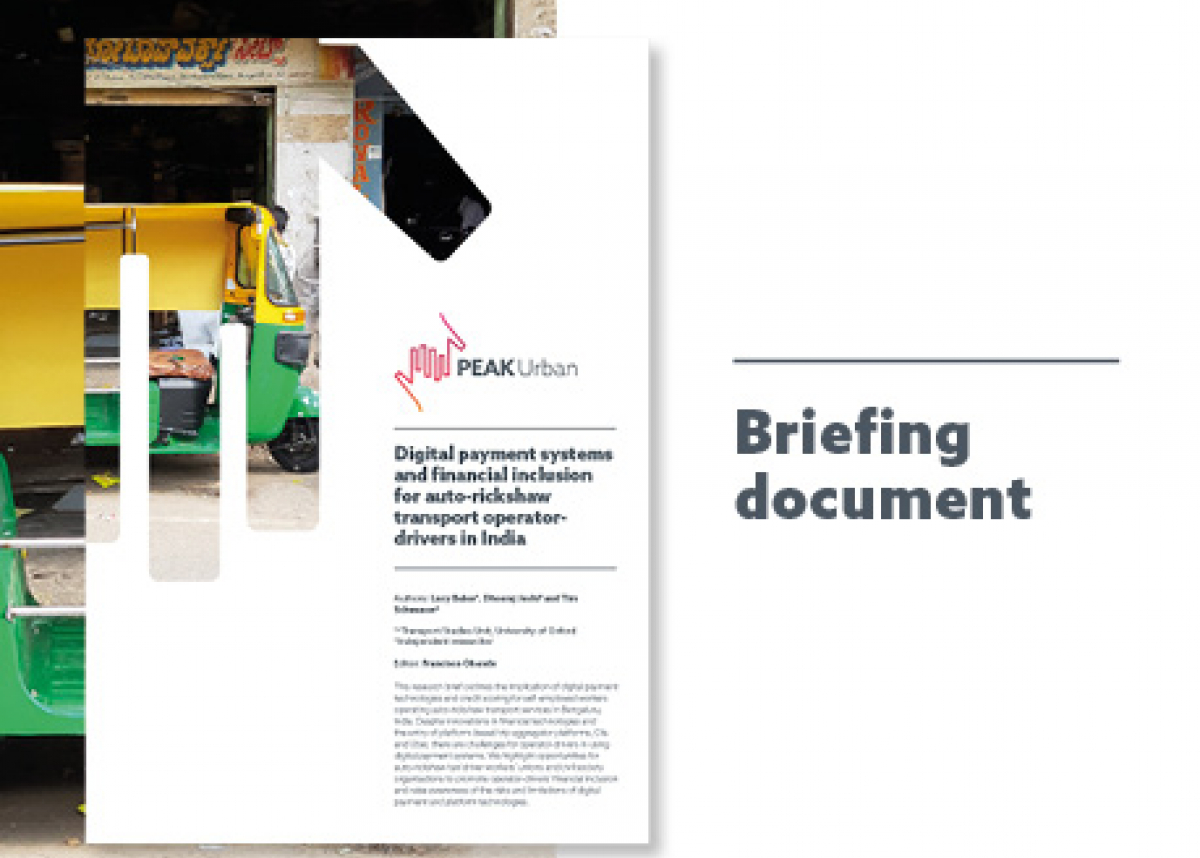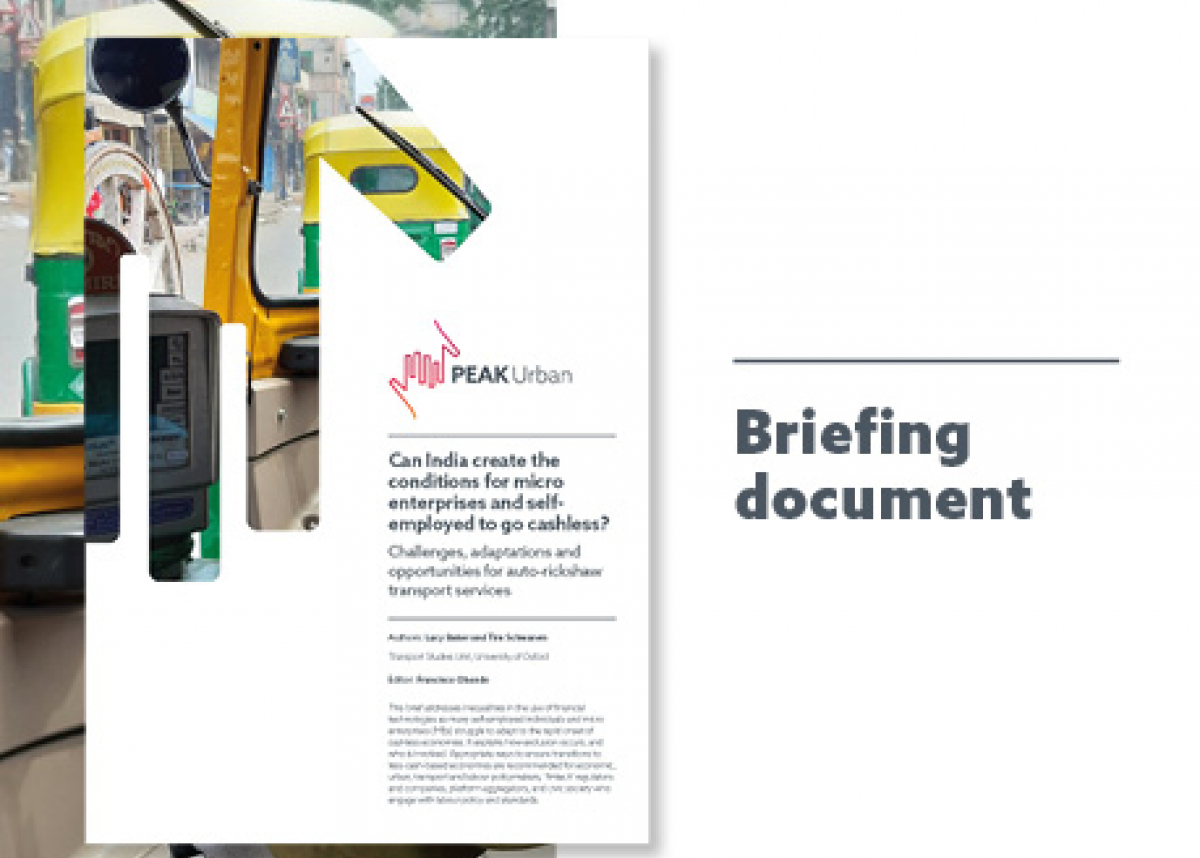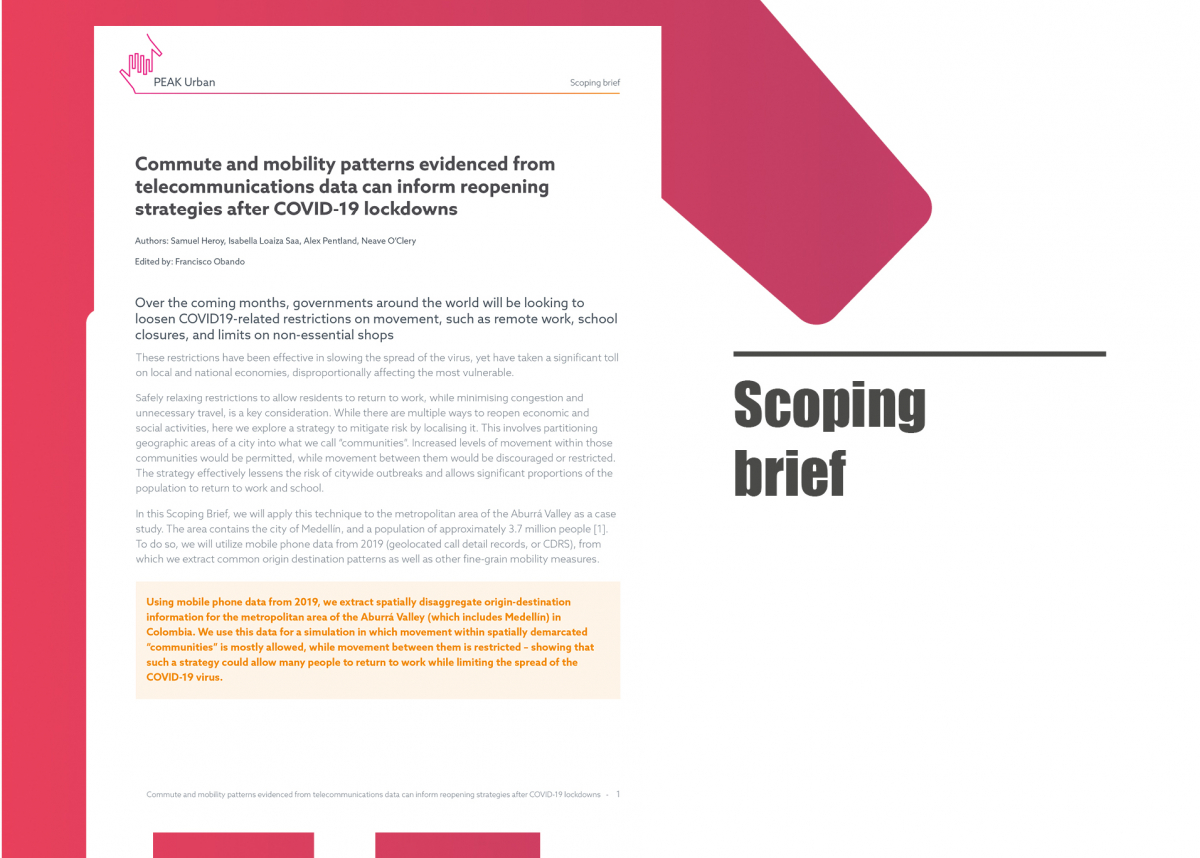
Assessing Urbanization Dynamics in Turkey’s Marmara Region Using CORINE Data between 2006 and 2018
This study investigated the urban growth dynamics of urban regions, specifically the Marmara Region, one of the most densely populated and ecologically diverse areas in Turkey. Using CORINE land cover data for 2006, 2012, and 2018, the study utilized multiple correspondence analyses and cluster analyses, to analyze land cover changes.
The resulting maps, visualized in GIS, revealed the rapid urban transformation of the regional structure, formerly comprised of four distinct areas, into a more complex structure, in which densification and sprawl occur simultaneously.
Our findings demonstrated a dissonance between the spatial dynamics of the Marmara Region during the study period, and the capacity and scope of the simultaneously initiated regional policies and mega-projects. This uncoordinated approach has endangered the region’s sustainable development.
The paper, therefore, discusses the importance of land use planning and transboundary collaboration for sustainable regional development. Beyond the local case, the results contribute to critical theories in regional planning by linking theory and practice.







